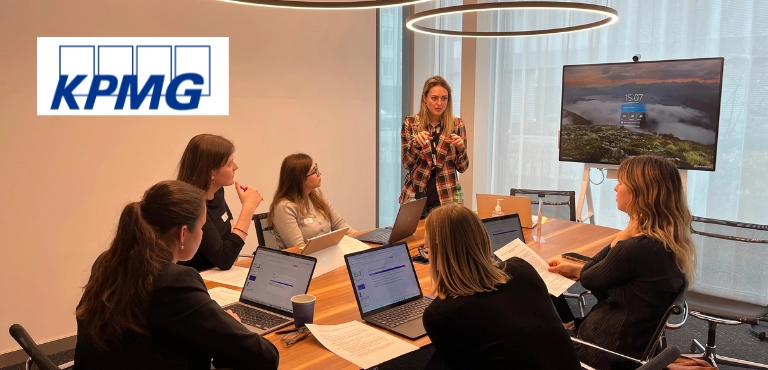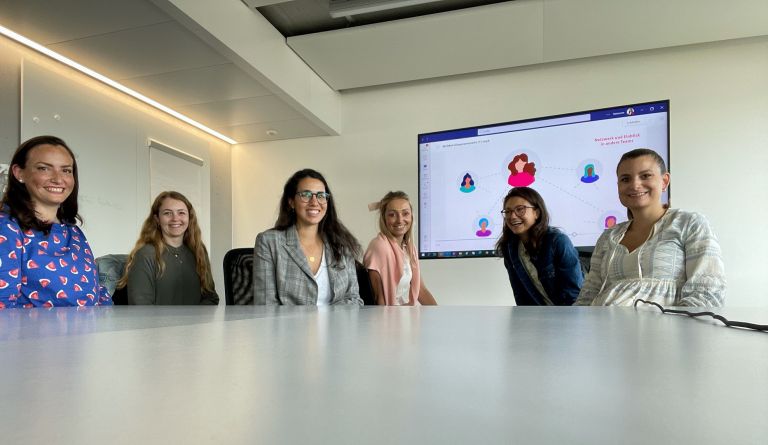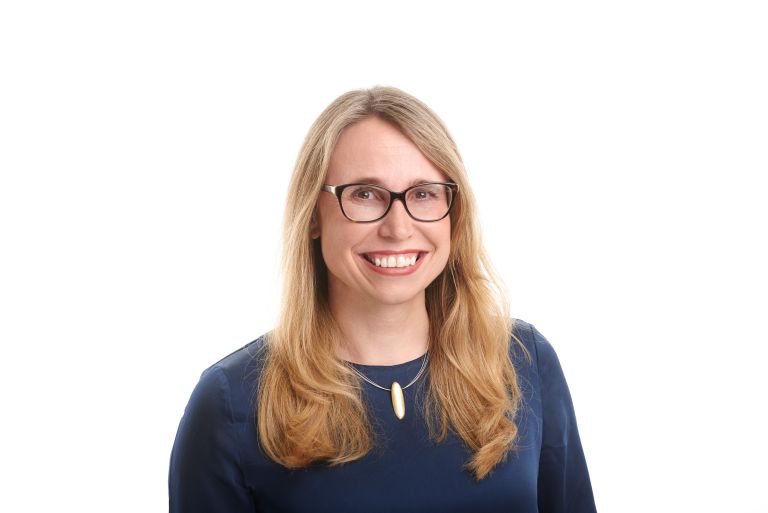
Recruitment processes at MSD varied market to market and division to division, which led to candidates not having consistent experience across the organization. Our internal engagement survey showed that the employees didn’t feel they had equal opportunities applying for the roles and felt that sometimes relationships matter more than their experience and skills. We saw a decrease in engagement and low scores for Internal Career Opportunities questions in the survey.
A new Global Job Policy was implemented in 2024, stating that all roles are to be posted, with no placements. A Structured Selection process was rolled out globally in 2023 to try to ensure that we have a similar candidate experience. The panel interview was implemented to counter unconscious bias.
Hiring Manager training was conducted to emphasize the importance of following the recruitment process and included a focused discussion on unconscious bias. In Q1 2025, new assessments were implemented and thoroughly tested for usability, with particular attention given to ensuring accessibility and fairness for neurodiverse candidates.
Over the past years, our journey has led to the widespread adoption of newly implemented practices. As a result, we have seen a marked increase in diversity within our recruitment decisions, along with a broader range of candidate profiles applying for positions.
This Best Practice was first published in the Gender Intelligence Report 2025.
MSD Switzerland has always aimed for fair recruitment practices, ensuring equal opportunities for all talents within the company. Despite these efforts, internal engagement surveys have highlighted a significant challenge: many employees felt they were not given adequate opportunities to present themselves for available roles. This issue stemmed from the fact that there was no single standard for a recruitment process, and some positions were part of informal succession plans that were not formally documented within the system, leading to managers having a preferred candidate for the role.
The challenge identified in our recruitment practices presented a valuable opportunity to refine and enhance our strategy. Our primary goal was to develop an inclusive hiring process that ensured equal opportunities for all candidates and transparency of the process. To achieve this, we focused on assessing candidates based on their skills and experience rather than every manager following their preferred interview style and pre-existing relationships. It was crucial to avoid unconscious biases that managers may have had. Even if there was a preferred candidate, transparency was maintained to ensure it did not determine the final decision. Succession plans were formal, documented, and reserved for senior leaders. Increasing transparency in the recruitment process was essential to ensure all employees were aware of available opportunities. Regular feedback mechanisms were implemented to gauge employee perceptions of the recruitment process and make necessary adjustments.
MSD Switzerland developed a competency framework that defined the skills and experiences required for each role. These skills were added to job postings, enabling employees to match their profiles and enhance their chances. A structured selection process was implemented for interviews, focusing on assessing candidates’ relevant skills and experiences to avoid biases. Behavioral and situational interview questions based on the company’s “Enterprise Leadership Skills” (ELS) framework were utilized. Additionally, MSD Switzerland introduced the Personal Leadership Profile (PLP) assessment for hiring. The PLP explored candidates’ preferences, tendencies, and work styles, providing insights into their strengths and areas for growth, particularly concerning the ELS framework.

Standardizing recruitment has driven measurable improvements in diversity and engagement across MSD.
The changes to the recruitment processes made by MSD Switzerland had a transformative impact. As recruitment practices improved, employee morale experienced a notable increase. This heightened sense of morale subsequently led to higher overall engagement scores in internal surveys. Additionally, the more inclusive and fair recruitment process fostered a stronger organizational culture where employees felt valued and empowered. This cultural shift resulted in better business outcomes, characterized by increased productivity, improved team dynamics, and enhanced innovation. The presence of diverse teams spurred creativity and effective problem-solving, ultimately driving the organization towards greater success.
The Employee Referral Program is designed to encourage our current employees to recommend their external connections from their personal and professional networks to apply for open positions at MSD. This way they can refer candidates whose profile matches the skills required for the job role, but also someone they trust and who aligns with the values of our company. For any applicable successful hiring, the referring employee will receive a referral award. The number of possible referrals is unlimited. This initiative helps expand a professional network, enjoying the rewards. Additionally, we offer Personal Leadership Profile (PLP) assessment for both hiring and development purposes, interview guides and learning sessions for hiring managers.
For more information about this Best Practice, reach out to the author:
Daria Tyuvina
HR Director
daria.tyuvina@msd.com


KPMG created the "She Advises: Discover Your Career with KPMG" event to address low female application rates in their Advisory function by providing exclusive insights into consulting services and corporate culture for female students. The event featured keynote speeches, presentation skills training, real-life case studies, and networking opportunities, with participants guided by experienced female employees and offered fast-track application processes for interested candidates. The initiative resulted in high turnout from qualified female students, increased female applications, strengthened KPMG's brand among the target demographic, and created a sense of community that lowered barriers to entry in the male-dominated consulting environment.

Swiss Re launched the Career Returnees initiative in July 2024 to tap into the underutilized talent pool of professionals returning to work after career breaks, recognizing that traditional recruitment often overlooks this experienced group. The program is built on four pillars: open positions for returnees, equal pay for equal work, development opportunities and flexible work options, with explicit career returnee advertising, internal awareness and a manager support toolkit, and external outreach campaigns. Since launch, the initiative has welcomed over 62 employees across 12 countries, with 92% onboarding satisfaction and 82% upskilling satisfaction, demonstrating that career breaks occur across all genders and career stages while returnees integrate quickly and deliver effectively.

Axpo partnered with Thriving Talent to develop a data-driven simulation model that assessed what would be needed to meet their gender equality targets of 30% female workforce and 25% female senior leadership. The model incorporated current demographics, hiring, promotion, turnover, and retirement data across different business divisions to calculate realistic hiring rates and specific measures needed for each area. The simulation revealed that achieving gender targets requires tailored, business-specific actions rather than one-size-fits-all approaches, enabling targeted planning with clear ownership and transparency while shifting focus from generic ambition to fact-based action planning grounded in each division's unique dynamics and constraints.

In times when Swiss companies are desperate for skilled employees due to the talent shortage, explore the positive impact that returnship programs are having from eight participating companies.

From speaker to role model - how to narrow the tech gap and attract more women to the industry.

How to engage the divisions in owning their diversity targets? Let them set their own!

48% of all PM Switzerland’s management level employees were women in 2020, smashing the target of 40% by end 2022.

Implementing a holistic 4 pillar pay equity framework led to decreasing the pay gap to under 1% - and keeping it there.

A gender diversity checklist makes sure that women have equal chances in the recruiting process.

Analysis, targets and many practical steps to make change happen: e.g. proactive outreach to universities to increase the inflow of female candidates to 30%.